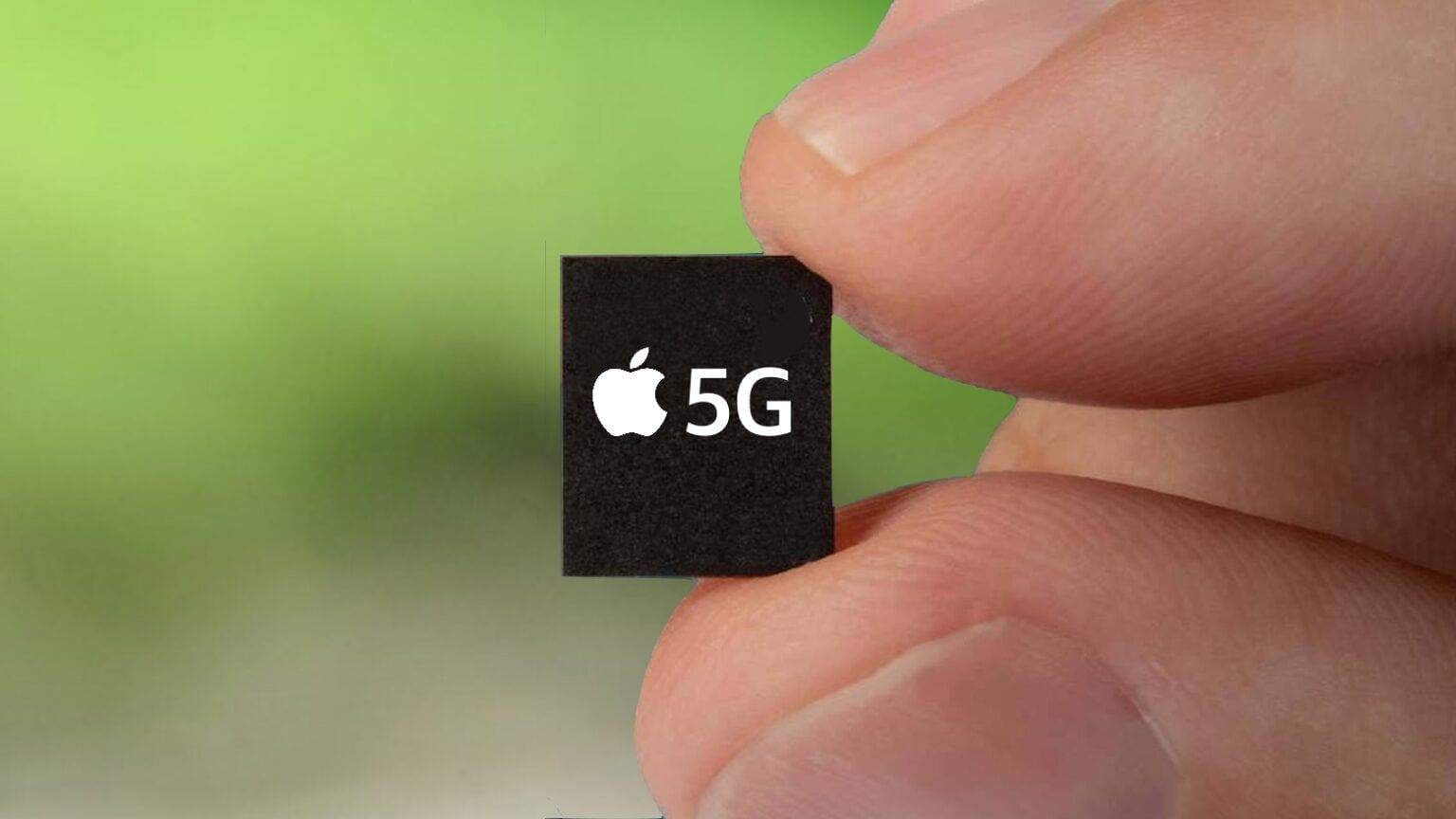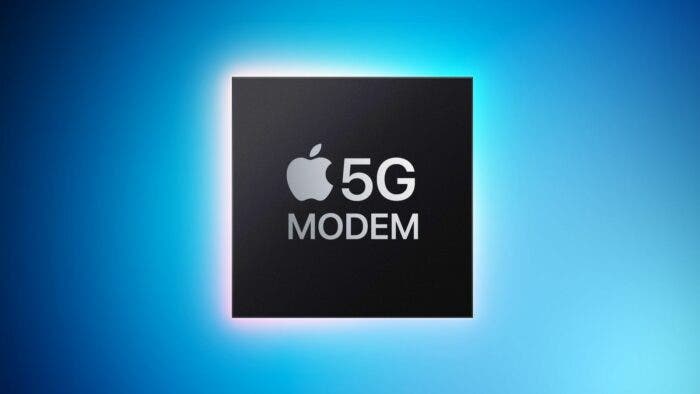Recent reports suggest a shift in Apple’s strategy regarding its in-house 5G chip development. While earlier indications pointed towards Apple’s efforts to reduce reliance on Qualcomm by creating custom 5G chips, the latest information suggests a change in direction. Unconfirmed reports suggest that Apple has decided to discontinue the development of its in-house 5G modems. Multiple sources have echoed similar scenarios, indicating a potential setback in Apple’s pursuit of complete self-sufficiency in component manufacturing, akin to its successful Apple Silicon venture.
Apple to Reportedly Forget about its In-House 5G Modem and Keep Relying on Qualcomm 
According to a recent report on the Korean blog Naver from “yeux1122,” there are indications that Apple might be discontinuing its development of 5G modems. Citing sources familiar with Apple’s 5G modem department, the report suggests that the company’s efforts in this area have not been successful. As a result, Apple is purportedly considering the closure of this segment, reflecting a potential shift in its strategy for in-house modem development.
The decision to discontinue the development of in-house 5G modems by the Cupertino company is expected to result in substantial financial losses for the company. Having invested in this technology for several years, Apple’s exit from the segment will likely incur significant costs. Additionally, a tip from @Tech_Reve, citing information from Japanese supply chain sources, aligns with the reports of Apple abandoning its in-house 5G modem efforts. However, it’s essential to approach this information with caution, as the final confirmation rests with Apple. Earlier reports highlighted challenges faced by Apple’s in-house 5G modem development team, citing unrealistic goals and unforeseen obstacles in the process.
Contrary to the reported discontinuation of in-house 5G modem development, Apple has made significant strides in this area. The company has made substantial investments, hiring thousands of engineers dedicated to the development of custom 5G modem chips. Apple’s acquisition of Intel’s modem business further strengthened its capabilities, retaining the acquired talent to continue work on 5G modems. Additionally, Apple strategically brought in professionals from Qualcomm to reinforce its efforts in the development of 5G modems. These moves indicate a commitment to advancing in-house capabilities rather than abandoning the initiative.
Apple is Facing Challenges in 5G Modem Development 
Bloomberg’s Mark Gurman, a reputable industry analyst, recently shared insights into Apple’s endeavors to develop custom 5G modem chips for upcoming products. Gurman suggested that the company is facing challenges in this development, leading to a potential delay in launching the 5G modems until 2026. Notably, Gurman did not indicate any intention on Apple’s part to discontinue these chips entirely. Earlier reports had suggested that Apple planned to introduce the custom 5G modem in a future version of the iPhone SE. This decision might imply that the iPhone maker will continue relying on Qualcomm for 5G modems in its future devices.
Apple’s 5G modem development was reportedly in its early stages and rumored to lag behind Qualcomm’s technology by several years. This potential technological gap could be a contributing factor to Apple’s decision to discontinue its work on this project. Initially, there were expectations for Apple to launch a standalone chip before integrating the technology into a System-on-Chip (SoC). These details are speculative and based on information from sources familiar with the matter, so it’s advised to approach this news with caution. Further updates will be provided as more information becomes available regarding Apple’s decision on discontinuing its 5G modem development efforts.
Conclusion
In summary, recent reports suggest a shift in Apple’s strategy regarding its in-house 5G chip development, potentially abandoning the endeavor. Unconfirmed sources indicate challenges and a possible delay in the launch until 2026. This potential setback contrasts with Apple’s earlier ambitions to reduce reliance on Qualcomm. The decision, if confirmed, marks a significant change in Apple’s pursuit of self-sufficiency in component manufacturing.





